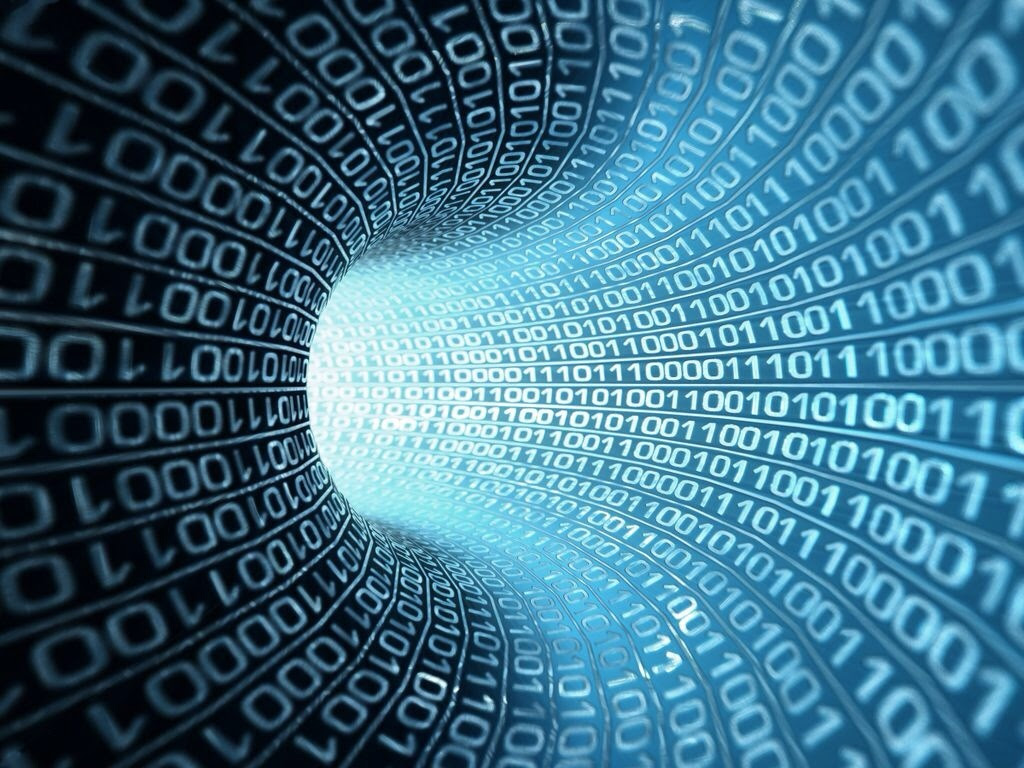Curriculum studies emphasise that, curriculum in comparison over time, is an important study object expressing “whether existing patterns of cultural, economic, and political life will be reproduced or transformed” (Carr, 1998, p.326). As a matter of fact, progress of democracy is closely related to curriculum development, as it incorporates “both a record of its past and a message for its future” (Carr, 1998, p.324). Over the last 100 years an important transformation of computing has taken place, as computers are smaller, cheaper and faster. On top, computer machines are able these days to deliver instantaneously what is wrong with the code. A tremendous technological improvement compared to yesterday when it took hours, days or weeks to identify a technological bug. We are empowered by technology and able to work out algorithms and optimise technology.
The history of technology reveals how we always searched for automation, algorithms and abstractions, as it maximise production with less money and raises industrial standards as it minimise errors in production. In school, this technological drive has forced a search for what and how should be taught in schools; today’s teachers expect students to tinker with computers instead of telling the optimised algorithm in a step-by-step sequence. Students are expected to discover and optimise the algorithms themselves.
Lee – Björkholm (lars) about the critics for CT
